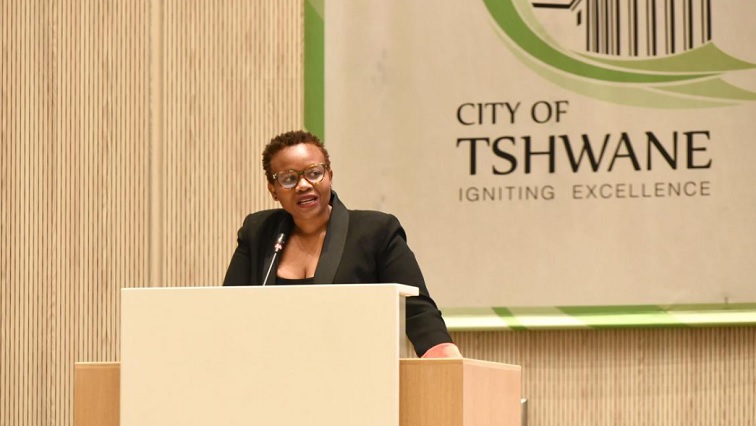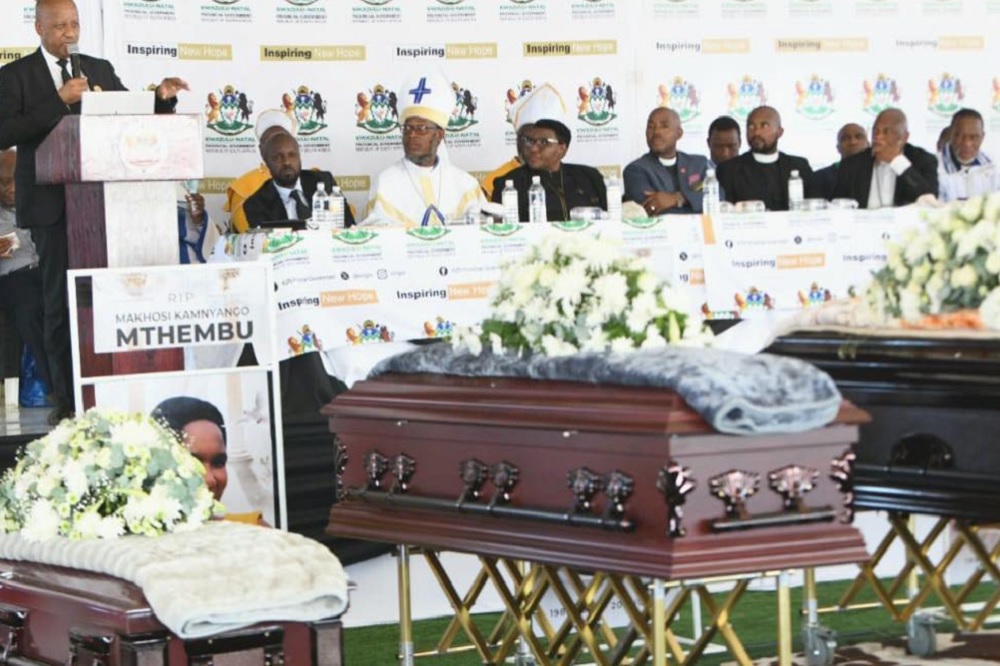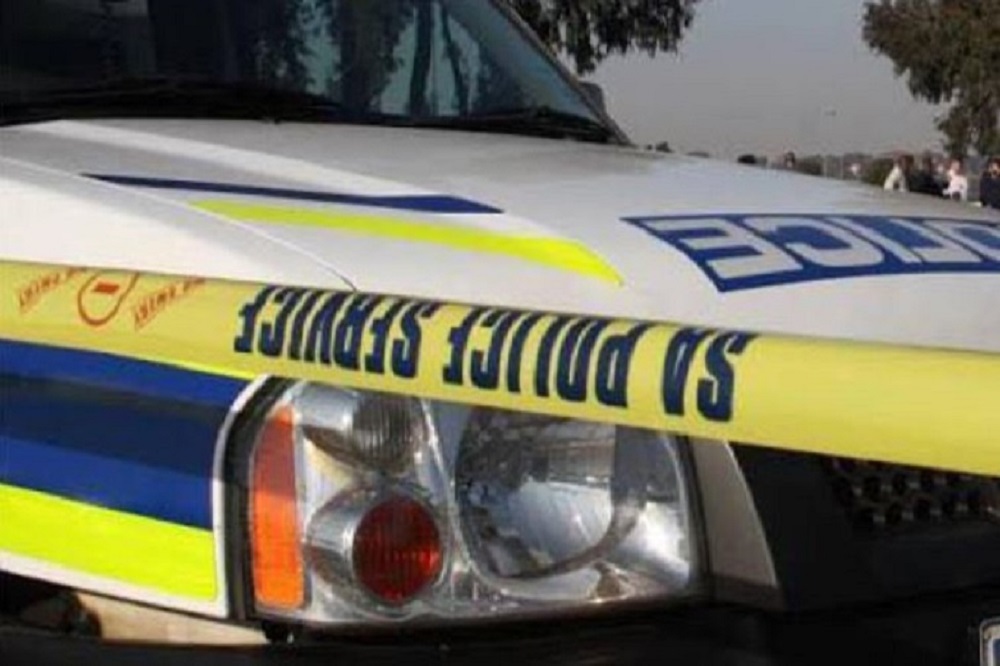-
Tshwane Mayor Dr Nasiphi Moya addressing the council.
Some residents of the City of Tshwane Metropolitan Municipality say although service delivery has improved in the capital, incorrect billing remains a challenge.
On Tuesday, the City’s Executive Mayor Dr Nasiphi Moya presented a report on the multi-party coalition government’s first 100 days in office.
Residents say key concerns, such as the Hammanskraal water crisis and electricity billing issues, remain unresolved.
“So far, so good. Let’s give this new mayor a chance, but she should focus on the issues that matter most-that is the billing crisis. If you can resolve that, you’ll be able to collect revenue in accordance with the Constitution. Water leaks [are a problem] as well. When we report them, they do respond.”
“Yeah, I should say the 100 days have been good, but on the issue of water – it’s brown when I run it from the tap, and there’s also a stench. I’m not sure what the problem could be,” adds a Tshwane resident.
In October last year, Moya and her executive prioritised six key areas, including service delivery, economic revitalisation and financial stability.
The new administration focused on six key areas in its first three months, including service delivery, economic revitalisation, and financial stability.
However, the metro failed to meet its revenue collection target of R4 billion per month, collecting only R3.3 billion.
Despite this, the city commended itself for addressing key service delivery issues, as Mayor Moya explains.
“We have resurfaced a 16km stretch of road in Ga-Rankuwa, improving mobility and road conditions in this key area. We have also started fixing Jackie’s Road in Winterveld, after years of the road being unusable to motorists.”
“The city is also making significant strides in improving water and electricity service delivery. A total of 2 100 metres of water pipelines have been replaced, significantly enhancing water distribution and reducing leakages,” adds Moya.
Multiparty coalition partners, the ANC and EFF, agree that fixing the billing system should be a priority for optimal revenue collection.
The parties’ representatives say, “Part of the plan is to bill residents correctly but also to ensure that those who are paying receive incentives. We are going to permanently camp in the townships as we take services directly to the people.”
But the opposition believes the new administration is not equipped to address the city’s dire financial state.
DA caucus leader Cilliers Brink elaborates: “The mayor missed an important deadline to deliver a financial report to the municipal council, made misleading statements and then had to apologise. When asked written questions published in the agenda by councillors, she told us she now needs a legal opinion to determine whether she is obliged to answer them.”
With the local government elections set for next year, pressure is mounting on the administration to turn things around and deliver meaningful change.











